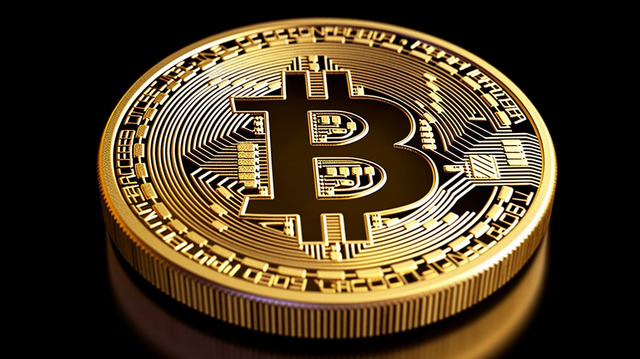Recent strategic maneuvers by the United States have started to significantly impact global cryptocurrency markets, particularly in response to the ongoing geopolitical tensions involving Russia. Donald Trump, former U.S. President, has made a headline-grabbing announcement of an additional 25% tariff targeting India due to its continued oil purchases from Russia. This move signifies a further heightening of international tensions.
How Are U.S. Sanctions Affecting Russia?
The geopolitical stakes were raised when Trump initiated a new executive order that outright bans the import of Russian-origin products into the U.S. This order strategically aims to impact Russian economic interests, regardless of the nationality of organizations involved in producing or selling Russian oil.
“I received additional information from various high-level officials regarding measures taken by the Government of the Russian Federation in light of the situation in Ukraine,” stated Donald Trump. “To address the national emergency declared in Executive Order 14066, I decided that imposing an additional customs duty on imports from India that directly or indirectly import oil from the Russian Federation is necessary and appropriate.”
Will China’s Economic Ties with Russia Be Challenged?
Yes, the new U.S. tariff approach also poses a dilemma for China, a formidable buyer of Russian oil. The current penalty, characterized by a 25% tariff, is less severe compared to previous discussions of harsher tariffs, which considered rates above 100%.
Despite the seemingly softer penalty, the approach remains a tactical move by the U.S., potentially nudging Russia toward negotiations. These tariffs serve as considerable hurdles for countries reliant on extensive trade with the United States, as they could hinder economic growth targets.
Key Takeaways:
- The U.S. imposes a 25% tariff on Indian imports due to its oil dealings with Russia.
- China, as a significant purchaser of Russian oil, faces potential economic challenges.
- Earlier discussions considered tariffs exceeding 100%, but only the 25% tariff has been enacted.
These measures underscore the complex web of international trade relationships and geopolitical considerations fueling contemporary global economic strategies. The impact of such actions extends beyond the immediate parties, affecting worldwide market dynamics and longer-term economic policies.
Disclaimer: The information contained in this article does not constitute investment advice. Investors should be aware that cryptocurrencies carry high volatility and therefore risk, and should conduct their own research.
















 English (US)
English (US)